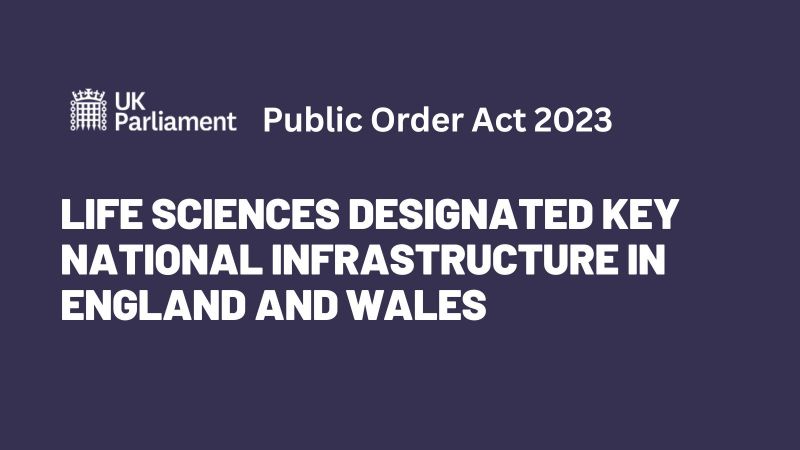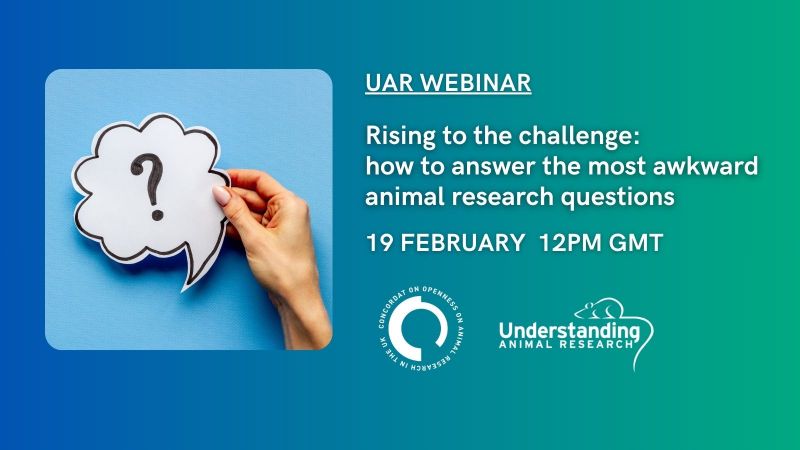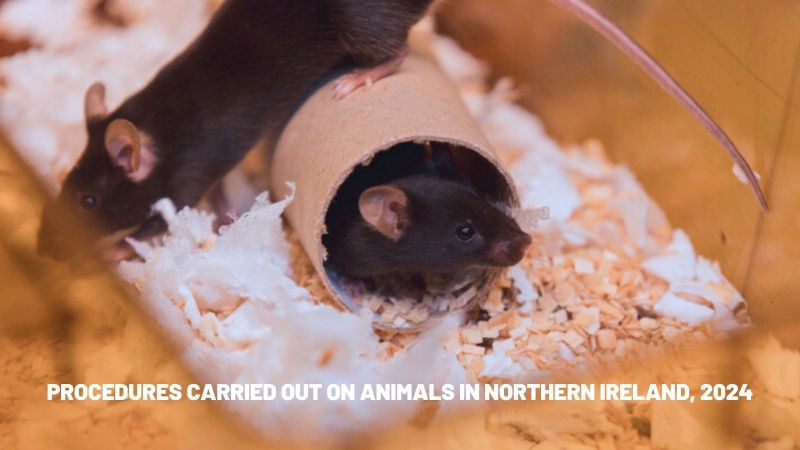Animal research and the curriculum
Animal research is a subject that excites strong feelings, sometimes stimulated by misunderstandings and mythologies. It has a very direct appeal to young people who respond animatedly to discussion of the rights and wrongs of using laboratory animals. This makes it an excellent topic for exploring those areas of the curriculum where personal and social values come into play, concepts which can be de-motivatingly abstract in other contexts.
It also provides an excellent approach to exploring hard science of the drug development process for new medicines and other biochemical and physiological researches. The various experimental methodologies employed by scientists in the lab makes animal research a great topic to illustrate the use of modern biotechnology especially gene technology and practical and ethical considerations involved.
Key stage 3
- Science
Applications and implications of science
Examining the ethical and moral implications of using and applying science.The way scientific developments are achieved can raise ethical and moral issues, for example experiments on animals to produce drugs that may prolong human life.
- Citizenship
Rights and responsibilities
a) Exploring different kinds of rights and obligations and how these affect both individuals and communities.
b) Understanding that individuals, organisations and governments have responsibilities to ensure that rights are balanced, supported and protected.
c) Investigating ways in which rights can compete and conflict, and understanding that hard decisions have to be made to try to balance these.
There are different kinds of rights, obligations and responsibilities - political, legal, human, social, civic and moral. Pupils should explore contested areas surrounding rights.
- Religious Education
Values and commitments
Evaluating their own and others' values in order to make informed, rational and imaginative choices.
- PSHE: Personal wellbeing
Critical reflection
Pupils should be able to:
- reflect critically on their own and others' value
- English
Critical understanding
a) Engaging with ideas and texts, understanding and responding to the main issues.
b) Assessing the validity and significance of information and ideas from different sources.
c) Exploring others' ideas and developing their own.
d) Analysing and evaluating spoken and written language to appreciate how meaning is shaped
Key stage 4
- Science
How Science Works: Applications and implications of science
Pupils should be taught:
To consider how and why decisions about science and technology are made, including those that raise ethical issues, and about the social, economic and environmental effects of such decisions
All pupils develop their ability to relate their understanding of science to their own and others' decisions about lifestyles, and to scientific and technological developments in society.
- Citizenship
Critical thinking and enquiry
Students should be able to:
a) question and reflect on different ideas, opinions, assumptions, beliefs and values when exploring topical and controversial issues and problems
b) research, plan and undertake enquiries into issues and problems, using a range of information, sources and methods
c) interpret and analyse critically sources used, identifying different values, ideas and viewpoints and recognising bias
d) evaluate different viewpoints, exploring connections and relationships between viewpoints and actions in different contexts (from local to global).
- Religious Education
Evaluating their own and others' values in order to make informed, rational and imaginative choices.
- PSHE: Personal wellbeing
Critical reflection
Pupils should be able to:
- reflect critically on their own and others' values
- English
Critical understanding
a) Engaging with the details of ideas and texts.
b) Connecting ideas, themes and issues, drawing on a range of texts.
c) Forming independent views and challenging what is heard or read on the grounds of logic, evidence or argument.
d) Analysing and evaluating spoken and written language to explore their impact on the audience
Scotland: Curriculum for Excellence
- Science
Body systems and cells
Learners ... develop informed views on the moral and ethical implications of controversial biological procedures.
- Topical science
By considering current issues of science, learners increasingly develop their understanding of scientific concepts and their capacity to form informed social, moral and ethical views. They reflect upon and critically evaluate media portrayal of scientific findings.



